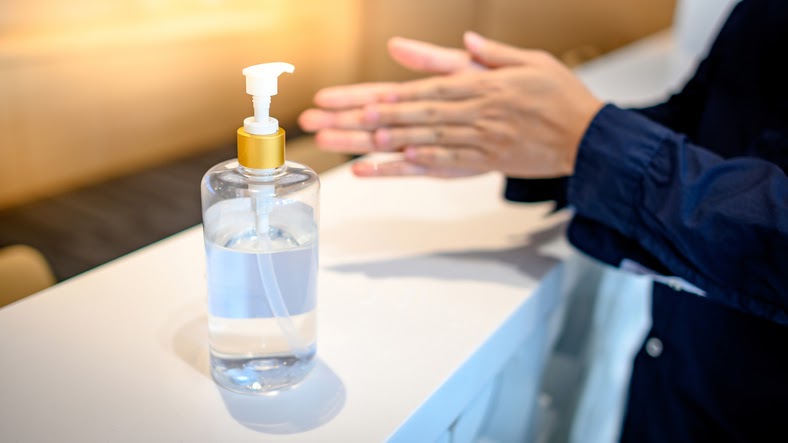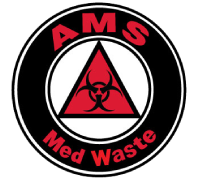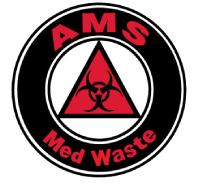Making Homemade Hand Sanitizer
One of the best ways to protect yourself and limit the spread of COVID-19 is washing your hands. However, doing so can be difficult when you’re on the go, so that’s where hand sanitizer comes in handy. Since hand sanitizer is in high demand, it is possible that you might not be able to get some when you need it. Knowing how to make it at home can be useful in a situation like this.

Required Ingredients:
- Isopropyl or rubbing alcohol (99%)
- Aloe vera gel
- Essential oil like tree oil, lavender oil, or lemon juice for scent
Steps:
- Make sure you are creating the sanitizer in a clean space. Wash your hands and mixing tools with hot water and soap before you begin.
- Measure out 2 parts of alcohol and 1 part aloe vera and mix together using a whisk or wooden spoon. Ensure the alcohol you’re using is not distilled and remember to add your choice of scent while mixing.
- Mix everything thoroughly until well blended, making sure not to touch it with your hands until it is ready for use.
- Put the mixture into a clean container for use.
For some other suggestions on homemade sanitizer, check out this guideline from the World Health Organization.
Is Homemade Hand Sanitizer Safe?
There are many different recipes for homemade sanitizer and some can be harmful to you if not created properly. It should be used as a backup in the event that you can’t purchase it from the store. If not created properly, you could be risking the following:
- A lack of germ-killing potency
- Skin irritation, burns, or injury
- Inhalation of hazardous chemicals
Children should avoid using homemade hand sanitizer, as they are more likely to use it improperly which leads to a greater risk of injury.
At the end of the day, having some homemade sanitizer on hand as a back-up is far better than nothing. It’s great for when you’re on the go and need to keep your hands clean.





